


JACK CHALLEM & LIZ BROWN
JACK CHALLEM & MELISSA DIANE SMITH
HYLA CASS, M.D., & JIM ENGLISH
MARTY ZUCKER
NAN KATHRYN FUCHS, PH.D.
MELISSA DIANE SMITH
VICTORIA DOLBY TOEWS
LAUREL VUKOVIC, MSW
HYLA CASS, M.D., & JIM ENGLISH
MICHAEL JANSON, M.D.
LAUREL VUKOVIC, MSW
DAVE TUTTLE
 II of us hear about wonderful, sometimes miraculous research on the health benefits of nutritional supplements: for example, how vitamin E can reduce your risk of developing heart disease and some types of cancer, how chromium can help you lose weight, and how ginkgo can sharpen your memory and perhaps help prevent Alzheimer's disease.
II of us hear about wonderful, sometimes miraculous research on the health benefits of nutritional supplements: for example, how vitamin E can reduce your risk of developing heart disease and some types of cancer, how chromium can help you lose weight, and how ginkgo can sharpen your memory and perhaps help prevent Alzheimer's disease.
And then we hear the other side, that none of these things actually work. Confused? Exasperated? Not sure who or what to believe? It's not surprising you sometimes feel that way. But that's what this book is intended to remedy.
The User's Guide to Nutritional Supplements describes, in simple terms, the scientific research and likely benefits of the most popular vitamin, mineral, and herbal supplements sold. And in doing so, it explains how you can reduce your chances of developing a range of ailments, from bothersome aches and pains to debilitating and life-threatening catastrophic diseases.
Among the pearls of information you'll learn are these:
Vitamin E can reduce your risk of cardiovascular diseases-and which are the best types of vitamin E to take.
Selenium can slash your chances of developing some types of cancer.
Ginkgo can improve your memory and recall, and how much you should take.
Chromium can help lower your risk of diabetes.
Glucosamine and chondroitin can prevent osteoarthritis.
Calcium and magnesium work together to build strong bones.
Coenzyme Quo can boost your energy levels and strengthen your heart.
Ginseng and other supplements can increase your exercise stamina.
What Are Nutritional Supplements?
Nutritional supplements are concentrated forms of nutrients, typically in a capsule or tablet, that are either essential to, or likely beneficial to, your health. Nearly all of these nutrients would be found in a wholesome, diverse diet
and therein lies part of the problem. Most of us don't eat the way we should.
With our fast-paced, stress-filled lives, fewer people have the luxury of cooking meals from scratch. Worse, more of us end up relying on fast foods and microwave, convenience, or snack foods. These foods may satisfy our hunger pangs, but they are highly processed-meaning that most of their original nutritional value has been removed.
As a consequence, many people do not consume all of the vitamins and minerals they need for optimal health, which means their bodies break down and become susceptible to disease earlier than they should. Countless studies have found that many of us are shortchanged when it comes to vitamin C, vitamin E, many B vitamins, calcium, magnesium, and many other essential nutrients. In a very real sense, as other people have astutely observed, we are starving on full stomachs.
Even when we eat healthy foods, many things can sabotage how our bodies use nutrients. For example, tobacco products deplete vitamins C and E. Antibiotics disrupt the gut's ability to absorb B vitamins. Antacids interfere with calcium and other minerals. Cholesterol-lowering "statin" drugs lower the body's production of coenzyme Q10, a vitaminlike nutrient needed for energy and normal heart function.
When you consider these factors, as well as that our individual genetic differences may affect absorption, it becomes clear that we would be better off to "err" on the side of nutritional insurance. At the very least, I believe, every person should take a moderately high-potency daily vitamin and mineral supplement. Many of us could likely benefit from larger amounts of other supplements, tailored to our diets and lifestyles.
Nutrients Are Not Drugs
You might be wondering how nutritional supplements and drugs differ. After all, both usually come in capsules and tablets. Their differences are important to keep in mind. Drugs are "foreign" substances to the body, and they work by forcefully altering the body's normal biochemical processes. They are, as some brave physicians have pointed out, low doses of poisons-with side effects that often outweigh their benefits.
How dangerous are prescription drugs? Consider a cou pie of examples. Are you really better off if an antidepressant drug improves your mood but leaves you with erectile dysfunction? Or is it worthwhile to take hormone-replacement therapy to relieve hot flashes, when such drugs will increase your risk of heart attack and cancer? Such issues should concern everyone who takes a drug. According to an article in the Journal of the American Medical Association, prescription drugs cause the deaths of more than 100,000 hospitalized Americans each year, making them a leading cause of death.

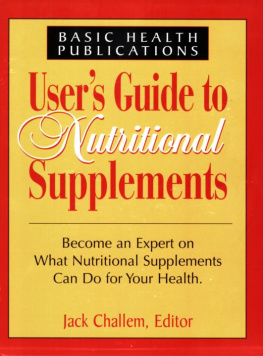
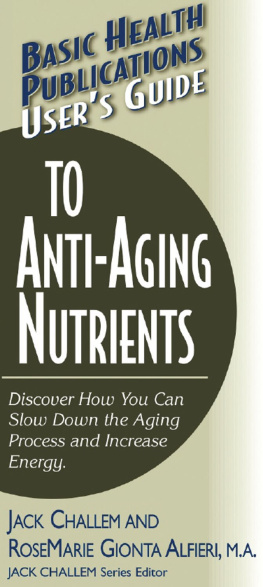
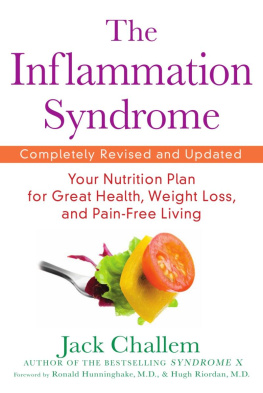
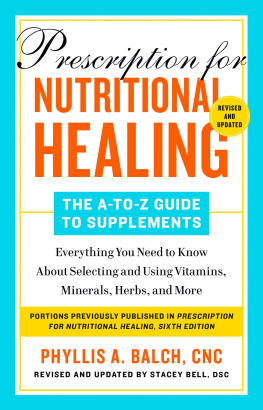

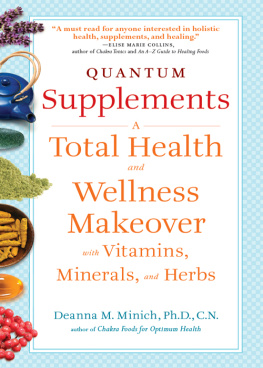
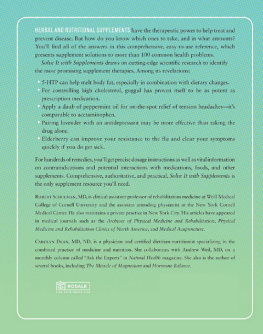

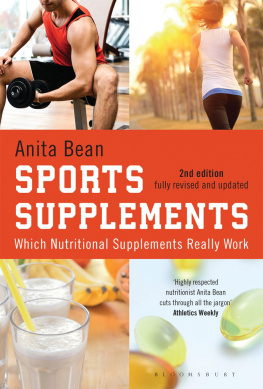
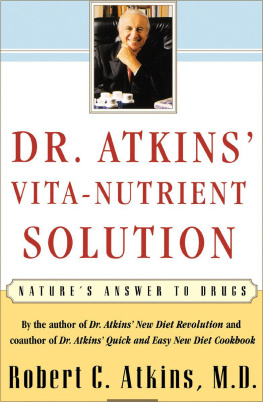
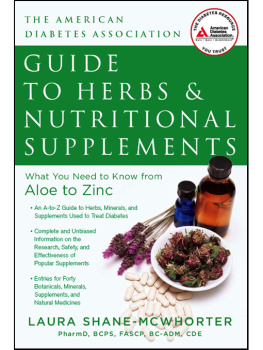
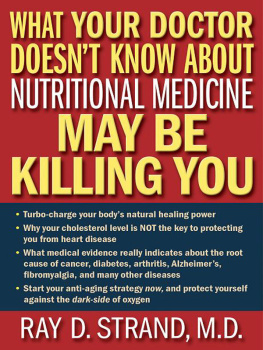
















 II of us hear about wonderful, sometimes miraculous research on the health benefits of nutritional supplements: for example, how vitamin E can reduce your risk of developing heart disease and some types of cancer, how chromium can help you lose weight, and how ginkgo can sharpen your memory and perhaps help prevent Alzheimer's disease.
II of us hear about wonderful, sometimes miraculous research on the health benefits of nutritional supplements: for example, how vitamin E can reduce your risk of developing heart disease and some types of cancer, how chromium can help you lose weight, and how ginkgo can sharpen your memory and perhaps help prevent Alzheimer's disease.